-
•
•
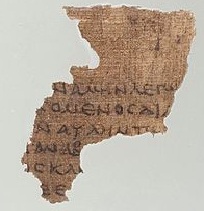
For a variety of reasons most New Testament scholars do not believe that this book was ever an actual letter written to a specific Christian congregation in Ephesus. For one thing, the words “to the Ephesians” in verse 1 is not part of the best manuscripts. Instead of a letter, it appears to be a treatise written as if it were a letter. A significant number of scholars, though perhaps not a majority, also question whether the book was written by Paul. As with Hebrews, for me the best response is that answering those questions doesn’t matter, though I assume… Read More
-
•
•
32 responses

I should probably be responding to General Conference, given the timing and what I’ve been reading recently. And I still plan to respond to a couple of Conference issues. But the many recent news stories about Jobs has got me thinking about that instead. As I’ve pondered Jobs I think there is an important distinction that we are missing. Read More
-
•
•
12 responses

On Sunday, as we luxuriated in General Conference (however we followed it), we missed an annual tradition: Pulpit Freedom Sunday.[fn1] A quick background on Pulpit Freedom Sunday: on July 2, 1954, Lyndon Johnson proposed that Section 501(c)(3) (the Internal Revenue Code section that exempts, among other things, churches, universities, and the NCAA from tax) be amended to prevent exempt organizations from campaigning on behalf of or against candidates for office. [fn2] There’s no legislative history, and, in fact, no record of the voice vote on the amendment. But it passed. Note, though, that the prohibition wasn’t particularly aimed at churches; in… Read More
-
•
•
109 responses
Mormons do care about the earth. We care about preserving, protecting, and maintaining it. We care about the earth because 1) We love God, 2) We care about other people, and 3) We believe in the intrinsic value of the earth. Read More
-
•
•
78 responses
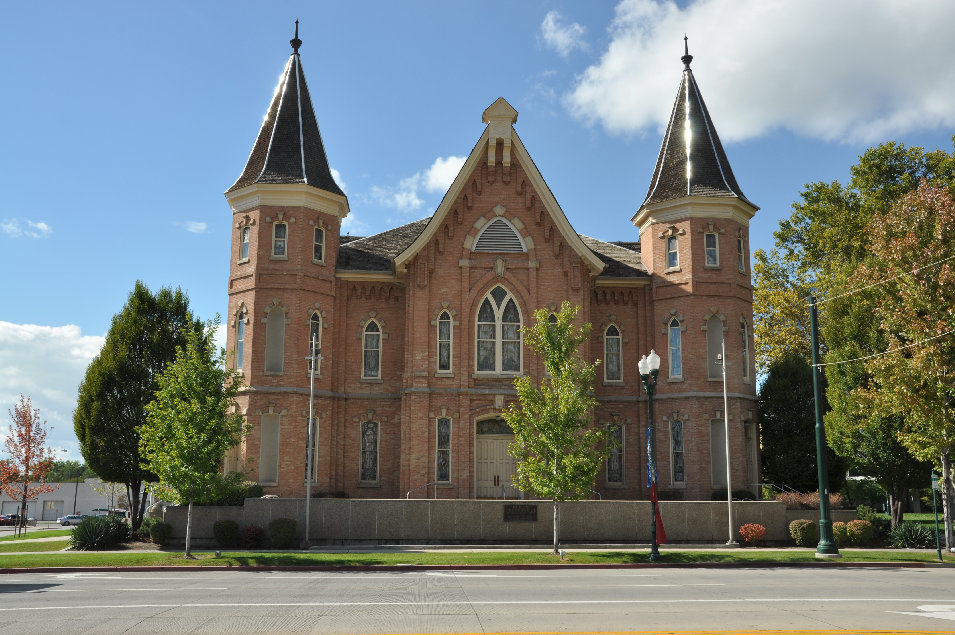
With the announcement today that the Provo Tabernacle will be reconstructed and made into a Temple, I wondered what its official name will be? Or in other words, how will its name be different from the other Provo Utah Temple? Read More
-
•
•
42 responses
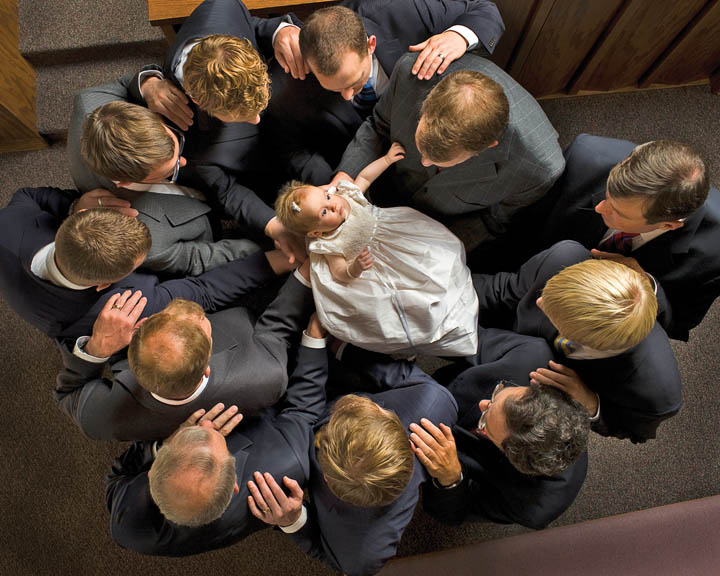
Why is it that when blessing infants men always bounce the baby up and down? If you’ve seen many baby blessings, you know what I mean. The father or whoever will pronounce the blessing holds the infant on its back in his outstretched hands while the rest of those invited to participate circle the child, adding their outstretched hands underneath the baby. Often before the blessing even begins and without regard to whether or not the child has uttered the merest hint of a whimper, the men slowly rock the baby up and down, usually gently. Read More
-
•
•
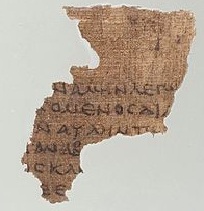
I will focus these study notes on Acts 21:1-Acts 23:11. As you read this story of Paul, notice that the Church of his time has spread to many communities. Paul is able to move from place to place, at least in the general area of Palestine and parts of Asia Minor (now western Turkey), and to depend on local branches of the Church as he does so. For example, in verses 3-7 we see him visit the branches at Tyre, Ptolemais, and Caesarea. Clearly the early Church grew rapidly after the Day of Pentecost, roughly thirty years before the story… Read More
-
•
•
110 responses
Wheat & Tares ran a fun post earlier this week titled LDS Men Are Incredible … although the URL string shows that the original draft title of the post was “Why Men Suck.” That kind of marks off the two ends of the spectrum, doesn’t it? That’s a nice lead-in for the question: What remarks are going to be directed at LDS men in next week’s General Conference? Read More
-
•
•
33 responses

A comically involved, complicated invention, laboriously contrived to perform a simple operation. —“Rube Goldberg,” Webster’s New World Dictionary Read More
-
•
•
78 responses
I was surprised a week ago when a senior missionary serving in our ward said that the Church is struggling to get senior missionaries, something that an article in the Deseret News last week confirmed. But my senior missionary friend went further than the article did, saying that the number of senior missionaries has declined by 40% in the past decade. Read More
-
•
•
66 responses

It’s late September and LDS high school students really should be back at school … and back at seminary. This year’s course of study is the Old Testament, which covers (or has already covered) Genesis 1 and the Creation. I hope LDS seminary teachers can teach Creation without teaching Creationism. But I fear some LDS teachers won’t or can’t make that distinction, so it is likely some LDS seminary students are going to go home this week thinking Creationism is the LDS view about Creation. That is very sad and sets up LDS kids to have a bad experience when… Read More
-
•
•
50 responses
In the comments to Pres. Monson’s article on the Washington Post’s On Faith blog one Church member claimed that “Not one single LDS employee working in the Twin Towers was at work that morning.” This is, of course, incorrect. In fact, one of the LDS employees working in the towers died in the attack, as did two more on planes and two in the Pentagon. Read More
-
12 Questions, Book of Mormon, Book Reviews, Essential Texts in Mormon Studies, Features, Mormon Studies, Scriptures
•
•
30 responses
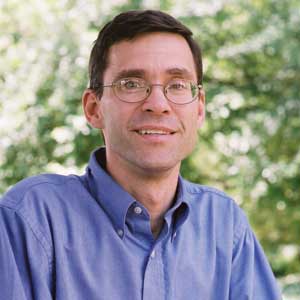
To cap off our roundtable review of Grant Hardy’s new book Understanding the Book of Mormon we’re fortunate to feature an interview with the book’s author. The interview will be posted in two parts. Our thanks to all who have participated, and especially Bro. Hardy. Read More
-
•
•
37 responses
(Note: this is the fourth part of a several-part series. You can read previous installments here, here, and here.) Quick review: prior to November 1990, missionaries and their families paid the actual cost of their missions. Moreover, parents would send money directly to their sons and daughters, with no intermediation from the Church. In May 1990, the U.S. Supreme Court ruled in Davis v. United States that such payments were not tax-deductible, notwithstanding language in the Internal Revenue Code that contributions made “to or for the use of” the Church would be deductible. In November 1990, the Church announced that,… Read More
-
•
•
22 responses
A few years ago I came across a list of Mormon Studies courses complied by BYU professor Gideon Burton in 2008, the same year that the Claremont Graduate University started their Mormon Studies program and a year after Utah State started its program. Since it has been a few years, I thought Gideon’s list should be updated. I believe it gives a sense of how Mormon Studies is developing. Read More
-
•
•
14 responses
While to some it may seem like “the work of salvation” is about missionary work, the Church takes a much broader view. In this chapter of Handbook 2, the work of salvation is defined as including “member missionary work, convert retention, activation of less-active members, temple and family history work, and teaching the gospel.” Clearly salvation doesn’t end with baptism. Read More
-
•
•
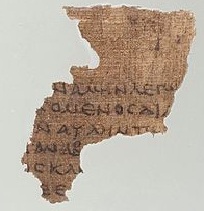
The book of Hebrews is what scholars call a “homiletic midrash” on Psalms 110, meaning that it a sermon responding to Psalm 110. It might be useful to read that psalm before reading Hebrews and to keep it in mind as you read Hebrews. Most contemporary scholars, including some LDS scholars, do not believe that Paul wrote this book. It is last among the letters of Paul because those compiling the New Testament (in the early 3rd century AD) were not sure that Paul had written it. There are a variety of reasons for these doubts, but the most significant… Read More
-
•
•
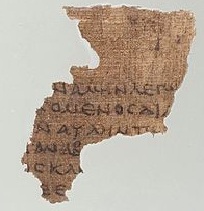
I have to confess that Romans is perhaps my favorite book of scripture. Given the way that most Latter-day Saints think of Romans, that marks me as at least strange, if not perverse. It also means that I will have to restrain myself to keep the notes for this lesson to a reasonable length. To do that I have selected a few verses that I think get at the heart of Paul’s message and focus on those. I have also appended an outline of the book as a whole so that you can perhaps understand Paul’s overall message better. Chapter… Read More
-
•
•
39 responses
During the fall, Sundays after Church are reserved, among a not insignificant but mostly male portion of Church members in the United States, as a time for enjoying a traditional American pastime—what one commentator described as “violence punctuated by committee meetings.”[1] And the number of Mormons who are paid to participate in these meetings has approached 40 this year. Read More
-
•
•
11 responses
Next Tuesday, the Brunson household starts a brand-new adventure. At 9:00 am, my oldest daughter starts kindergarten. Though I’m not sure I’m ready to have such a grown-up daughter, she didn’t ask my permission to get this old. And she’s excited. And she’s completely and totally ready for it. Growing up, my dad gave me and each of my siblings a father’s blessing the night before school started. I’m pretty sure he kept doing it through my first year of law school. (I got married between my first and second years, and at that point, didn’t go back to San… Read More
-
•
•
9 responses
You’re given a pair of binoculars. Read More
-
•
•
26 responses
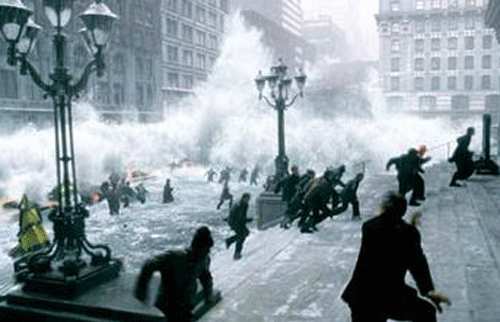
It’s going to be a long day for some East Coast readers, but at least you’ve still got Internet. This thread is to share your first-person accounts and post helpful information. My contribution: Weather Underground, the best online source for hurricane tracking information. As of 11 AM EDT Saturday, their tracking map forecasts a storm path for Irene passing directly over New York City at about 8 AM Sunday morning. Read More
-
•
•
51 responses
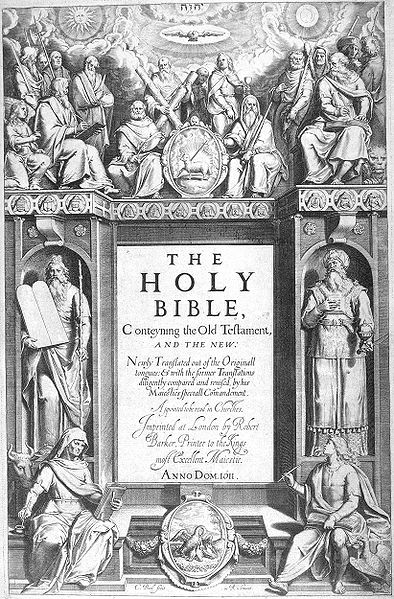
On Saturday June 11, nearly 200 YSA gathered at the Lincoln Center chapel, the same as houses the Manhattan Temple, for a YSA conference that centered on the 400th anniversary of the King James Bible. Saturday from 1-4, three one-hour workshops were held on the Bible. Three Bible Nerds were on hand to teach: Jon H (MA, Biblical Studies, Yale) covered the writing and transmission of the books of the Bible; Jon R (MA, New Testament, Duke) spoke on using modern translations and other study aids, with extensive slides and books on display. We each submitted a brief teaser description.… Read More
-
•
•
14 responses
Times and Seasons is pleased to welcome Ben Spackman as our latest guest blogger. Ben received his BA in Near Eastern Studies from BYU and an MA in Near Eastern Languages and Civilizations from the University of Chicago, focusing on philology and Semitic languages such as Arabic, Hebrew, and Aramaic. During his graduate summers, he taught New Testament, Book of Mormon, and Biblical Hebrew at BYU. He has taught various courses in a volunteer capacity for the LDS Church Education System since 2003. Most recently, Ben was the managing editor of the Mormon Portal at Patheos.com. Ben has lived in… Read More
-
•
•
22 responses
[Note: this is the third (yes, third) part of a many-part series. You can read Part 1 here and Part 1.5 here.] [Note #2: A friend points out that I left some information out of this post that is helpful in understanding what I’m talking about. That information is in Part 1, but it’s been a long time since I posted Part 1, so I’m adding some clarifying details in bold. Thanks, SG.] Pop quiz: when you think “Mormons” and “US Supreme Court,” what do you think? (The correct answer is, of course, Reynolds.[fn1]) For many of us, though, another less-known… Read More
-
•
•
19 responses
On a recent trip, I took along as reading material Christianity: A Very Short Introduction (OUP, 2004) by Linda Woodhead. Like all of the books in the wildly successful VSI series, the book is short but informative. I want to focus on the author’s analysis of how views about divine power and earthly authority can be used to classify Christian churches and denominations, then try to place Mormonism and the LDS Church within that classification scheme. Read More

